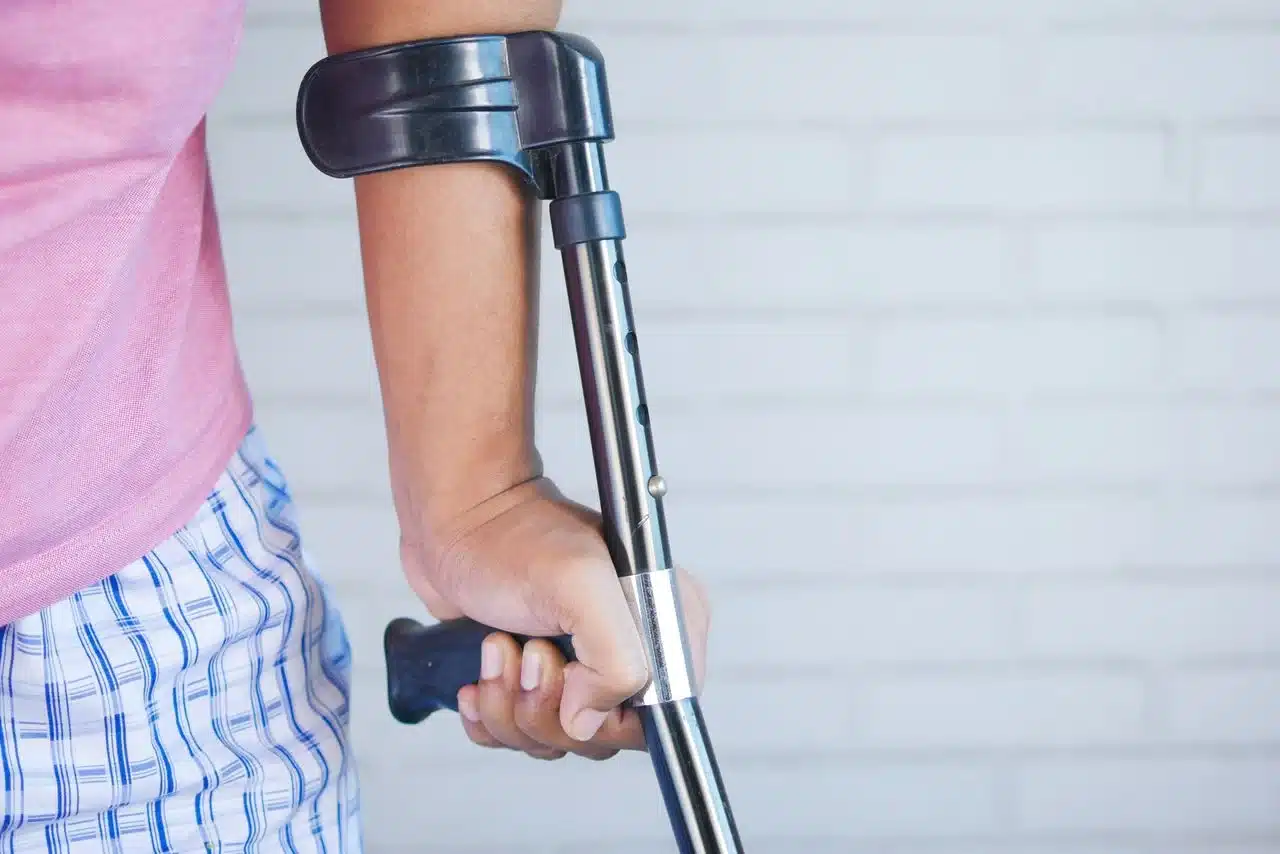Paralysis Injuries: Legal Steps for Recovery

Suffering a paralysis injury is a life-altering experience, both for the individual affected and their loved ones. These injuries often result from accidents such as car crashes, slip and falls, or medical malpractice. In Florida, understanding the legal steps for recovery is crucial for those facing the challenges of paralysis. In this blog post, we’ll explore the key legal considerations and steps to take if you or a loved one has experienced a paralysis injury in Florida.
Seek Immediate Medical Attention
The first and most critical step after a paralysis injury is to seek immediate medical attention. Your health and well-being should be the top priority. Not only is prompt medical care essential for your recovery, but it also establishes a crucial medical record of your condition, which can be vital for your legal case.
Document the Incident
If the paralysis injury resulted from an accident or negligence, it’s essential to document the incident as thoroughly as possible. This includes taking photos of the accident scene, gathering contact information from witnesses, and preserving any physical evidence related to the incident. The more information you can gather, the stronger your case may be.
Consult with an Experienced Personal Injury Attorney
Navigating the legal complexities of a paralysis injury case in Florida requires the expertise of an experienced personal injury attorney. Choose an attorney who specializes in personal injury cases and has a successful track record in handling paralysis injury claims. They can provide you with invaluable guidance throughout the legal process.
Determine Liability
In paralysis injury cases, determining liability is a crucial step. Your attorney will investigate the circumstances surrounding the injury to identify the parties responsible. Liability can fall on individuals, businesses, or even government entities in some cases. Understanding who is at fault is essential for building a strong legal case.
Calculate Damages
Paralysis injuries often result in significant financial, physical, and emotional damages. Your attorney will work with you to calculate the full extent of your damages, including medical expenses, rehabilitation costs, lost wages, and pain and suffering. This comprehensive assessment will help determine the fair compensation you deserve.
Negotiate with Insurance Companies
In many personal injury cases, negotiations with insurance companies are part of the process. Insurance companies may offer settlements, but it’s essential to have your attorney review any proposed settlements to ensure they adequately cover your damages. Your attorney will negotiate on your behalf to secure a fair settlement.
Prepare for Litigation if Necessary
While many personal injury cases are resolved through negotiations, some may require litigation. If a fair settlement cannot be reached, your attorney will prepare your case for court. This involves gathering evidence, interviewing witnesses, and presenting a compelling case before a judge and jury.
Focus on Rehabilitation
Throughout the legal process, it’s crucial to focus on your rehabilitation and recovery. Paralysis injuries often require ongoing medical care and therapy. Your attorney will work to ensure that your legal case supports your long-term well-being and covers the costs of necessary medical treatments.
Stay Informed and Involved
Finally, staying informed and involved in your case is essential. Regular communication with your attorney will help you understand the progress of your case and any developments. Your active participation ensures that your legal rights are protected.
In conclusion, facing a paralysis injury in Florida is a challenging journey, but knowing the legal steps for recovery can make a significant difference. Seeking immediate medical attention, documenting the incident, and consulting with an experienced personal injury attorney are crucial steps. By taking these actions, you can pursue the compensation you deserve and focus on your rehabilitation and future well-being.
